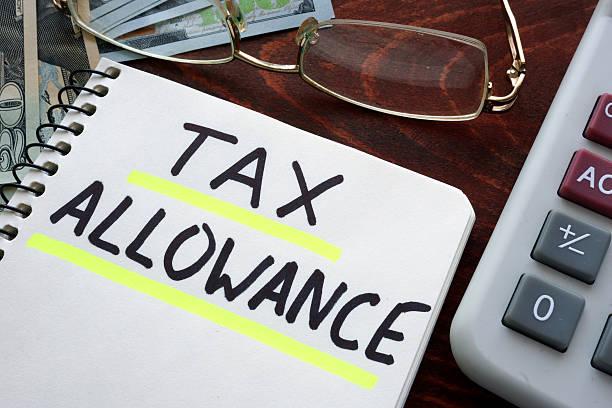
As a novice taxpayer, understanding what the connection between your salary and allowances is essential. An allowance is a part of your salary structure that the employer pays at regular intervals. These allowances are added to your salary and taxed under the salaries as per the Income Tax Act guidelines.
Tax-free allowances in salary are allowances that are usually paid to an employee as compensation to manage specific expenses. The Indian Government offers different allowances, so handling various costs becomes easier.
To learn more about it, read on.
You can divide salary allowances into 3 categories, which are:
To better understand their differences, here is a brief overview of types of tax-free allowances income tax and how they work.
Among the various types of allowances, this is a popular one paid to an employee. As per Section 10(13A) & Rule 2A of the Income Tax Act, HRA is the amount an employer pays to compensate for the rent paid by an employee.
To make this a tax-free allowance, you have to reside in rented accommodation; else, it becomes taxable. The tax deduction for this allowance depends on the following factors:
HRA is 50% of your basic salary and a dearness allowance when residing in a metro city. However, if staying in a non-metro city, you may get 40% HRA, including the dearness allowance. The exempted amount would be the lowest of the 3 – actual HRA received, 40% to 50% of the salary if rent paid less is 10% of the salary.
Also Read: 5 Tax Tips for Workforce
As you continue to familiarise yourself with what allowance is in income tax, note that the amount spent on your child’s education is actually tax-free. As per the provisions, you can get an exemption of up to ₹200 per month for up to 2 kids (₹100 each, ₹2,400 yearly).
In case both your kids are studying in a boarding school, you can avail of an additional exemption of up to ₹600 per month for 2 children (₹300 each, ₹7,200 yearly). However, note that you can claim these allowances only for a maximum of 2 children.
Apply for Education Loan
When considering salary and allowances, take note of special allowances. For instance, say you hired an assistant to help complete your professional services. This can also exempt you from paying taxes.
As per Section 10 (14), you can get a tax-free allowance to the extent of the amount as per the older regime. This helps you manage the expenses incurred in paying the assistant who is helping you with your official duties.
This is another allowance paid to employees to manage transportation costs when travelling to the workplace from home. According to Section 10(14), this allowance helps you meet the expenses you incur on your daily commute.
Currently, the income tax division has combined transport with medical allowance by implementing a standard deduction value. The standard deduction was ₹40,000 initially, the amount has been revised to up to ₹50,000.
As a salaried employee, you can avail of an LTA exemption according to the Income Tax Act. Simply put, LTA includes the travel expenses incurred during your leave duration. However, this does not include food, entertainment and shopping expenses.
You are eligible to claim LTA twice in a gap of 4 years. If you do not claim it within a block of 4 years, you can carry it forward to the next block. However, you can claim LTA only for domestic travel and not for international travel expenses.
Here, the mode of travel must be public transport, train or plane to claim the LTA.
Now that you know more about allowances income tax and have an idea about a few tax-free allowances, you can plan your taxes better and save more.
As a salaried professional, you may also require funds to tackle unexpected emergencies.
In such cases, you can apply for a Fibe Instant Cash Loan. It requires minimal documentation and has a quick approval process. You can avail of a personal loan of up to ₹5 lakhs at affordable interest rates with flexible tenor.
Simply download Fibe Personal Loan App to apply online and get quicker disbursal.
Tax-free allowance means the allowance on which you can claim tax benefits or get a tax exemption.
This differs based on your employer’s policies and salary structure. However, you can calculate your salary and allowances by deducting your basic salary and PF contribution from your total package. Another way to look at it is by deducting your gross pay from your basic salary.
To understand better,
Tax-free benefits help you avail tax exemptions on special allowances, thereby helping you save tax.
Non-taxable allowances are entirely exempt from taxation and they are also known as tax-free allowances. An example of this includes compensatory allowance, helper allowance, daily allowance, uniform allowance and many more.
Yes, you need to add allowances under the income from salaries as per the Income Tax Act rules.
The below allowances are taxable:
The exemption amount will differ depending on which type of allowance you are talking about. However, in most cases, 60% of your salary is allowances and are eligible for tax exemptions.